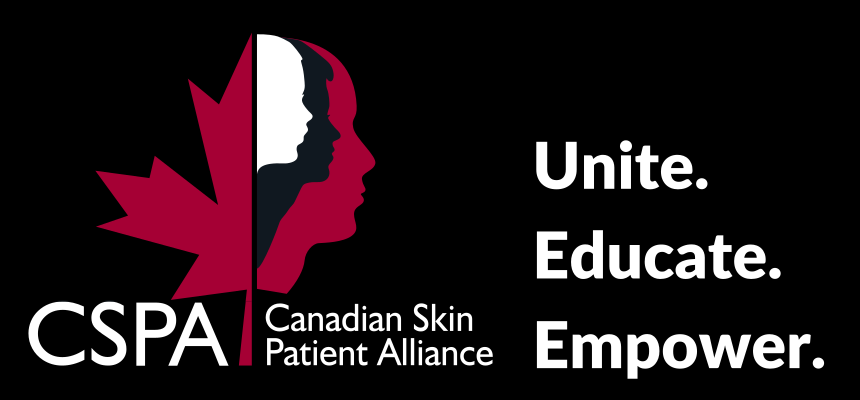In general, pemphigoid can be controlled by taking some daily medications. As a result, the lifestyles of those who live with this condition are largely unchanged. Pemphigus can have a greater impact, as the condition is chronic and can be life-threatening.
Regardless of the type, there are times when either condition can be very debilitating and cause lost time at work, loss of appetite, loss of sleep, hospitalization, and emotional distress. These effects are most often associated with the onset of the disease and during the search for a correct diagnosis.
The medications used in both types of conditions can affect a person’s quality of life. For example, much of the impact on lifestyle results from the side effects of prednisone:
- Many people experience emotional difficulties and mood changes. If these are continual and severe, other medications can be used to offset these side effects.
- To control weight gain, a high-protein, low-carbohydrate, low-fat diet, combined with regular exercise, is recommended.
- Osteoporosis, glaucoma and cataracts are also known to occur, and regular check-ups with your doctor will help you counter these side effects with appropriate therapies.
- Type 2 diabetes (steroid-induced diabetes) is a common side effect of prednisone and creates a need for a modified diet. Generally, this type of diabetes will diminish as the dosage of prednisone is reduced and may even go away when prednisone is stopped.
When taking immunosuppressants such as CellCept, methotrexate, colchicine or Imuran, your immune system may become suppressed. As a result, you will need to avoid any unnecessary exposure to possible infections, and take care of your general health by reducing stress, getting sufficient rest and maintaining a nutritious diet.
Anti-inflammatory antibiotics (tetracycline, erythromycin, dapsone) are often used in pemphigoid and may cause nausea or stomach upset. Sometimes taking these medications with ginger ale or crackers can be helpful.
People with both types of conditions may also need to become well-versed on the proper care of their lesions. Wound dressing and care takes time, but with a little practice, knowledge and the right materials, you will quickly learn how to manage your condition. Talk to your care provider for tips.
Psychologically, many people with both conditions report a direct relationship between increased stress and flares in disease activity. If you believe stress is related to an increased incidence of lesions, consider seeking counselling. Ask your doctor for a referral to a counsellor or psychologist to discuss your concerns.
Another source of support can be your family and friends.
Finally, if you’re looking for more information on either disease, visit the International Pemphigus & Pemphigoid Foundation.











